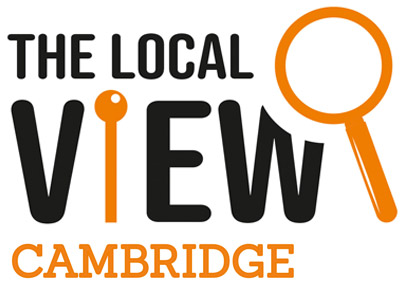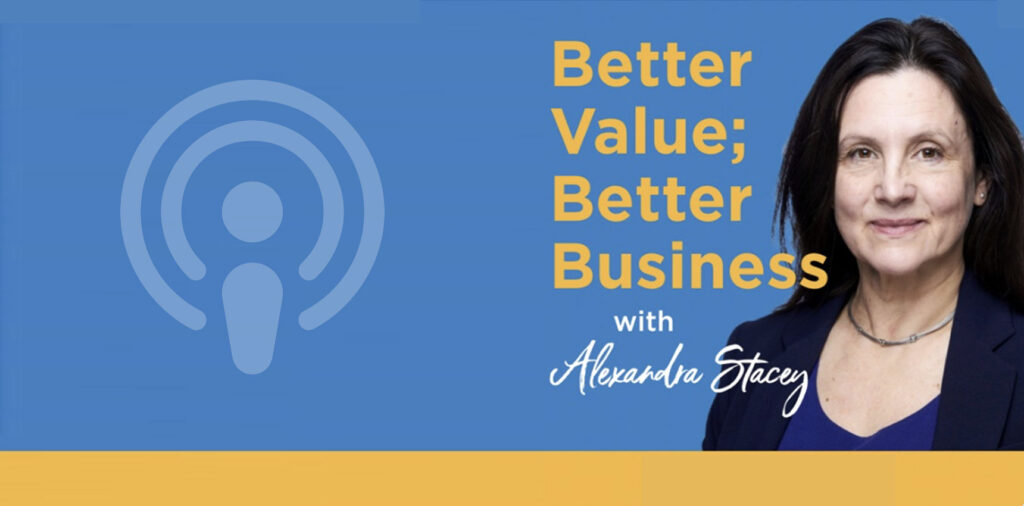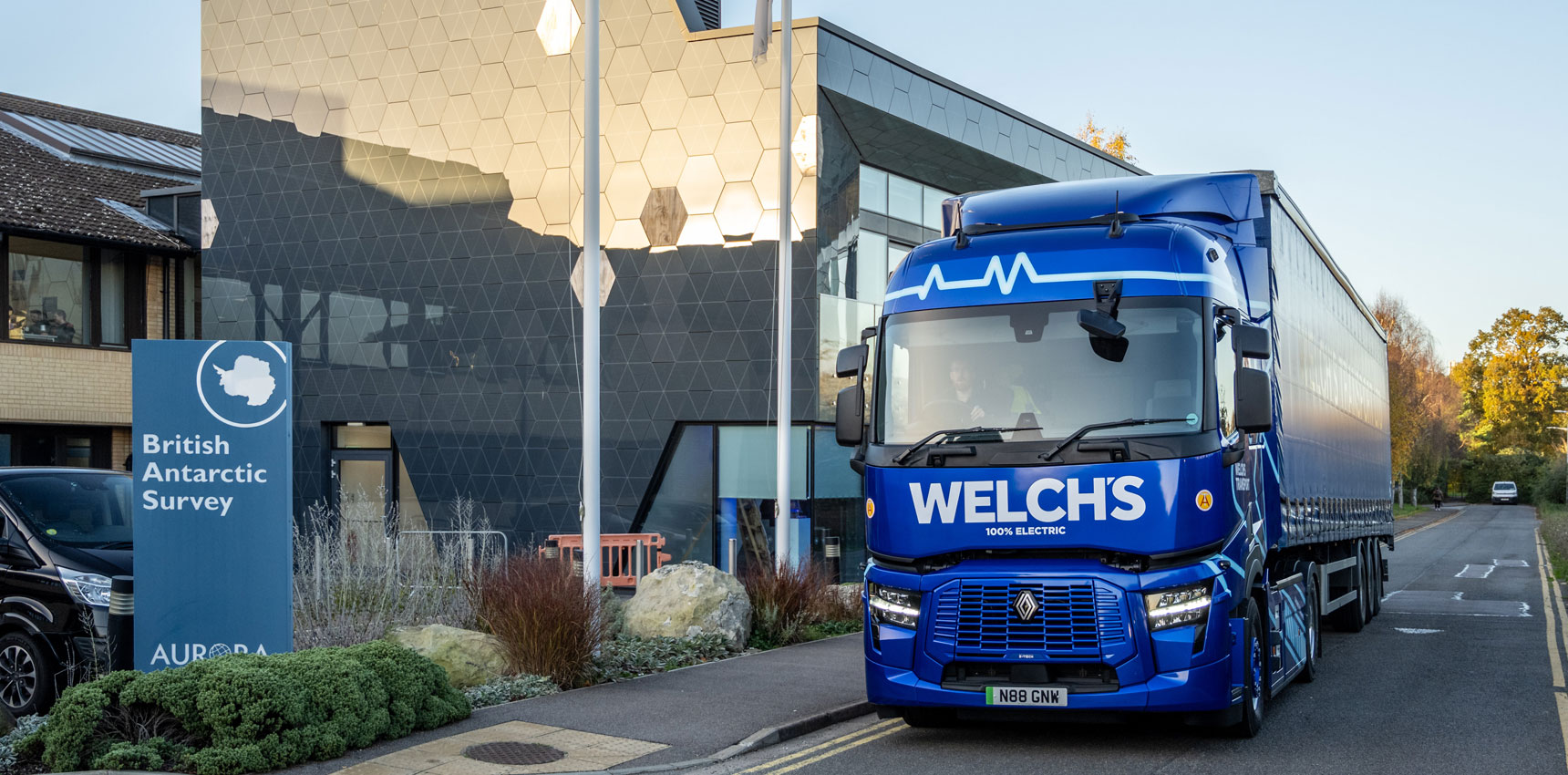Here at AS Insights, we uncover what your customers and employees are really experiencing in your organisation. This gives you a competitive advantage to improve your external marketing AND your internal marketing.
Understanding Stakeholders
Retaining and motivating contented talent and enthusiastic customers is of great financial benefit. Gaining an understanding of your organisation’s stakeholders should be viewed as an investment. This can firm up your market positioning, help you identify market segments, and communicate your brand and messaging more effectively.
Measuring Threats and Opportunities
Businesses and organisations do a lot of measuring but mostly it is summary numeric scores and checking if they are meeting KPI’s. It is usually automated. This does chart behaviour, but it doesn’t tell you the ‘why’ and the context of that behaviour. If there are changes in the organisational environment you really need to find out how that affects your stakeholders.
The classic environmental alerts are PESTLE – Political, environment, social, technology, legal and economic. There are also several other frameworks to identify potential positioning including competitor, supplier, product lifecycle views, SWOT analysis and Mini Maxi.
A Recent Case Study – Online Meetings
An organisation wished to find out about people’s reactions to moving to online meetings instead of offline. This organisation was thinking about future-proofing its offering and wondered if an online Work-From-Home format was working well for those using it. A mixture of customers and employees were interviewed and their opinions sought.
Do Online Meeting Engender Trust?
Some interviewees said that they didn’t believe the evidence of their own eyes on internet mediated platforms such as Teams or Hangouts or Zoom. They said the experience wasn’t sufficient to generate trust that they were understood or able to understand each-other. People who had met previously were able to cope with the online meetings much better. They said they knew each other, and trust was still high.
Are Your Employees Identifying with the Organisation?
Some interviewees, who had only met other colleagues online instead of in real life, significantly used ‘I’ instead of ‘We’ when describing the work of their department indicating they might not be identifying with their organisation and aligning with its aims.
Behavioural Theory
What they were trying to describe is termed salience. It is high salience that generates social presence. They lacked the feeling of being in real life interactions. So, in mediated communications, social presence is the feeling and perception that it is a real person. Social presence is affected by the intimacy and immediacy of the medium. So high intimacy is face to face and decreasingly via a screen and less so on a telephone. Letters and memos, and numeric documents have even less social presence. These are examples of rich and less rich media.
Research into Virtual Reality environments has found some other contributors to humans experiencing telepresence – and they found that it is the vividness (the breadth e.g. sound and haptics) and the depth which is the image quality and speed. The ability to interact with the VR environment also brought it to life (telepresence) and important factors here are about the immediacy of response time, the range of variations, and the mapping functionality such as how a hand or eye could control or change the environment.
Resolution
From this study, the business improved its onboarding processes and the number of contact hours stipulated to balance working from home.
If an organisation wants to stay competitive it needs to stay alert to threats and opportunities. One tool is to conduct surveys of its stakeholders to find out what and why certain behaviours are manifesting. This is what AS Insights can do.
Written by Alexandra Stacey of AS Insights who is a member of The Local View.





